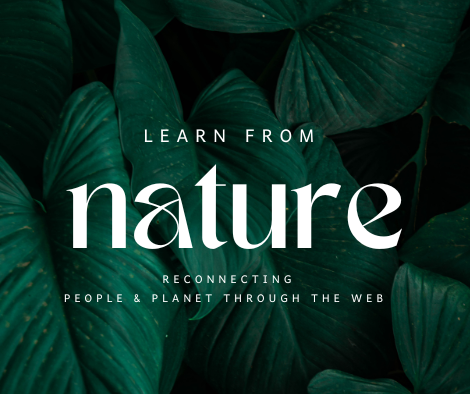It’s international day for persons with disabilities……
“It is sadly the case that people with learning disabilities are more likely to have poor health, be socially isolated and have little money. The outdoors provides a way of improving quality of life – more opportunities to be active, develop new interests, participate in public life and meet others. And mostly at little or no cost.
The Government policy paper `Valuing People Now’, a three-year strategy for people with learning disabilities’ (January 2009), identifies the following priorities:
“…better health for people with learning disabilities is a key priority. People with learning disabilities want to lead ordinary lives and do the things that most people take for granted.”
“…we know that people with learning disabilities are less likely to make journeys than non-disabled people because of transport difficulties.”
“…people with learning disabilities are often not connected to their communities or given meaningful vocational, social, leisure or learning activities.”
These priorities can all be met by providing more and better opportunities for people with learning disabilities to access and engage with the outdoors.”
From the blog
The biophilia hypothesis is based on the understanding that people need contact with the natural environment in the same way they need contact with other people as a necessity for their development. And since this need applies to everyone, including children with special educational needs, offering experiences with nature is one way to address it. In addition to helping students learn about the natural world, nature can also provide a stimulating learning environment that brings a lot of benefits to people with special needs.
* : Sensory Trust
Empowering People With Disabilities Through Nature
ACCESS NATURE creates safe, educational and enjoyable FREE nature programs for the disabled and disadvantaged. Spending time in nature improves mood, energy, stress and well being. Our goal is to provide programing and education to those we serve, so that they too can gain the benefits of nature. Currently we work with the intellectually challenged, mentally ill, and non-English speaking immigrants. We have also launched a free educational workshop to teach other groups to duplicate our work.
* https://www.globalgiving.org/projects/empowering-people-with-disabilities-through-nature/
Physical barriers to accessibility may not be the principal way in which play/nature spaces are encountered by people with disabilities
This study was based on a concern regarding the absence of families with disabled children in many spaces of play, leisure and nature, and the understanding that access to opportunities for natural play offers numerous benefits for children. The study was also based on the understanding that playspaces which are purposefully designed or adapted to be accessible for young people with disabilities are not necessarily experienced as positive, inclusive or enjoyable by those who use them.
Specific goals of this research project were to collect evidence of the outdoor play needs of families with children with disabilities and to evaluate usage and experiences of these families in two newly-refurbished accessible natural playspaces in two local country parks in North London. The playspaces were referred to as “The Woods” and “The Lake.” The refurbishing of these playspaces included efforts to make them more accessible to a wider audience (including people with disabilities) and to provide a more natural play environment.
Sixty parents/carers with children (aged 5–16) with moderate or severe learning, emotional and physical difficulties completed a questionnaire about their usage and experiences of visiting The Woods and The Lake with their child/ren. The questionnaire concluded with an invitation for parents/carers and children to participate in a follow-up interview. Twelve families agreed to participate in audio-recorded semi-structured interviews together. Questionnaire and interview data revealed four key themes: (1) social-material barriers to fun; (2) profound emotional-affective impacts of such barriers; (3) sadness and a sense of failure; and (4) the possibility of moments of family joy, love and “special” time.
Physical barriers reported by parents/carers included inaccessible gates/entrances, trip hazards, and inaccessible toilets/amenities. Social barriers included attitudes of other people, bullies, and limited experience of wardens/staff in working with children with disabilities. Parents/carers described the emotional-affective impacts of such barriers in terms of “dread” and “resignation.” They reported a sense of failure in not living up to normative ideals of parenting and family engagement with outdoor play and urban natures. The responses of most respondents, however, also included descriptions of moments of joy and quality time at The Woods and The Lake.
These findings indicate that physical barriers to accessibility may not be the principal way in which play/nature spaces are encountered by people with disabilities. This research also points to the importance of securing the perspectives of people with disabilities and their families regarding outdoor play/nature spaces rather than accepting general assumptions about normative ways of knowing outdoor play, urban natures and barriers to accessibility.
Citation
Horton, J., (2017). Disabilities, urban natures and children’s outdoor play. Social & Cultural Geography, 18(8), 1152-1174.
* https://research.childrenandnature.org/research/physical-barriers-to-accessibility-may-not-be-the-principal-way-in-which-playnature-spaces-are-encountered-by-people-with-disabilities/


